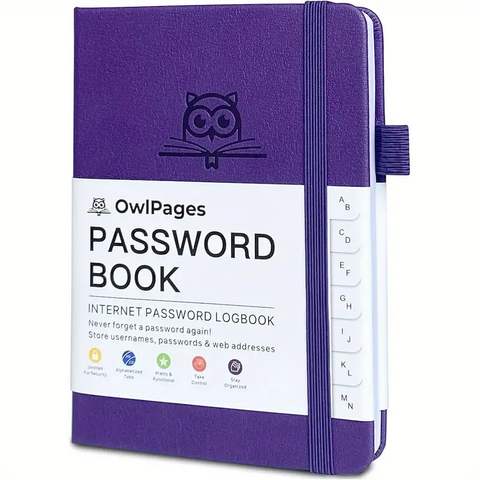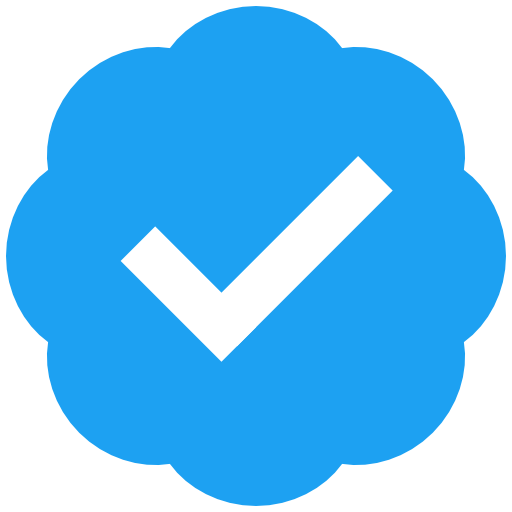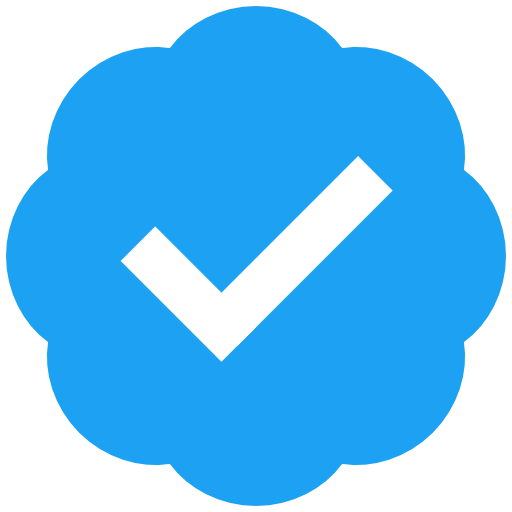@SwiftOnSecurity I just switched over from the LinkedIn app and a user bashing thread.
Turns out it’s true, most security breaches are caused by human error, it’s just maybe not the human that clicked on the link who made the mistake.
Enterprises are so complex no single human can from the entirety of their architecture, even when they're single office - it's hard for small shops to have the level of process to keep them safe, and then the extra complexity from big ones makes it worse not better
Me finishing school: WTF am I gonna do with hundreds of pages of mechanical engineering homework.. They became my passwords for years. Even gave a few binders away--just dog-ear a page or put a sticky on the current passwords/answers. Greek letters were simply spelled out to increase length.
@xinit @SwiftOnSecurity Exactly!
I tell my clients' users that reusing your password from another service is nearly the worst possible thing you can do.
A unique, weak, password is almost preferable than a reused password IMO. (if other mitigating factors are in place, rate limiting, mfa, etc.)
@SwiftOnSecurity People who learned dunking on users for mistakes, fall back on that pattern far too easy as well.
The colleague of a friend was in a support call with a software provider, who became so toxic, she threatened to call his boss and took a smoking break to calm down. After she returned, it turned out, that her problem stemmed from him having given her too few access rights.
Of course, to correct this, he then gave her admin rights, which was far more, than her role should have....
"You have a set of levers to pull. Human nature is not one of them. Deal with that or be a righteous failure."
widely applicable observation, in many domains
“You have a set of levers to pull. Human nature is not one of them.” This is the missing link in approximately everyone’s frustrations with humanity. Voter behavior, COVID mitigation, road and freeway safety, consumer trends, etc. If your plan for a better world is for most humans to fundamentally change, you’ll be disappointed.
There are ways to make a better world, but they’re all systemic.
@SwiftOnSecurity This is true of so many things. "Users should simply read all the instructions", "parents should simply find the time to cook healthy meals", "citizens should simply vote in their best interests", etc. It's never going to happen. If your job involves other people at any stage then you need to take them as they come, you can't just make better ones.
With the possible exception of therapists.
(And like idk personally, something about the action of writing stuff down, be it notes or passwords makes remembering it far easier)
Being sure would require keeping the book in one's backpack to grab in case of fire. That is immediately more dangerous if one also gets mugged than an encrypted backup drive.
Rather, the setup has to be designed so that loss of all access is both recoverable and an expected path.
Well, that's not quite accurate or true, I suppose. Most of them don't understand the implications of it being SaaSS instead of a local airgapped VM. That's why.
For daily use I have KeePassXC and KeePassDX which are not stored with some cloud service, but on computer/tablet, thumbdrive backups, etc.
That said, however, I have two small Rite in the Rain No. 77 waterproof notebooks, that contain the most important ones for just that purpose.
My spouse knows about it and what to do with it, even if not tech savvy, and my close ones (especially the ones that do not pale at being faced with a Veracrypt log in screen) do, as well.
Maybe they could use an obfuscation wrapper layer, by changing the product description to "NOT A PASSWORD BOOK"
If it's not a Post-It note on the monitor / bottom of the keyboard, is it even a password book?
@SwiftOnSecurity Years ago I went to the office store and bought a few boxes of blank business cards.
They’re great for flash cards, and for this purpose, you can carry them in a wallet, etc.
They’re particularly a hit at business events when you inevitably overhear “oh no, it seems I don’t have a card on me!”
Copy & Paste is broken on mine.
@SwiftOnSecurity I have a doc stored locally that has all my passwords--but only referenced with a code word that will help me (and the spouse, should I be incapacitated) remember. Like if the password was a variation on "horseshoe," I'd reference it with "Artax." (Not actual examples, of course.) Someone would have to directly target my home server and its monster firewall AND know which drive and doc to look for and wtf I was thinking.
Certainly seems safer than trusting LastPass or w'ev.
@SwiftOnSecurity My recommendation for years for regular people is to use a password manager and to write down the credentials to said password manager and just store it with their taxes.
A thief wants cameras, cash and jewellery. They don’t sit and read through documents.
The PM (slightly) improves on phishing, enables good password hygiene. The writing down reassures and enables a strong password to be used for the vault.
@SwiftOnSecurity I actually wrote about this on my blog 6 years ago. I don't think they're a bad idea at all.
@SwiftOnSecurity a person I know has one, and I always smiled at this person, but to be honest it is a lot better than having the same passwords over and over again.
(They even have their own made-up language to encode passwords in which is kinda cool tbh!)
@SwiftOnSecurity It is a lot more difficult to get remote access to someone's appartment, for sure.
I would probably suggest using a cypher, though, because someone might coincidentally break in, and then use the info as a crime-of-opportunity.
My parents have a password book, BUT the password inside are not exactly the good one, you have to apply a little trick on each of them to make them work.



